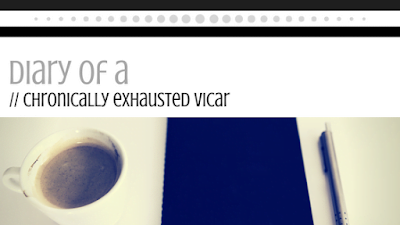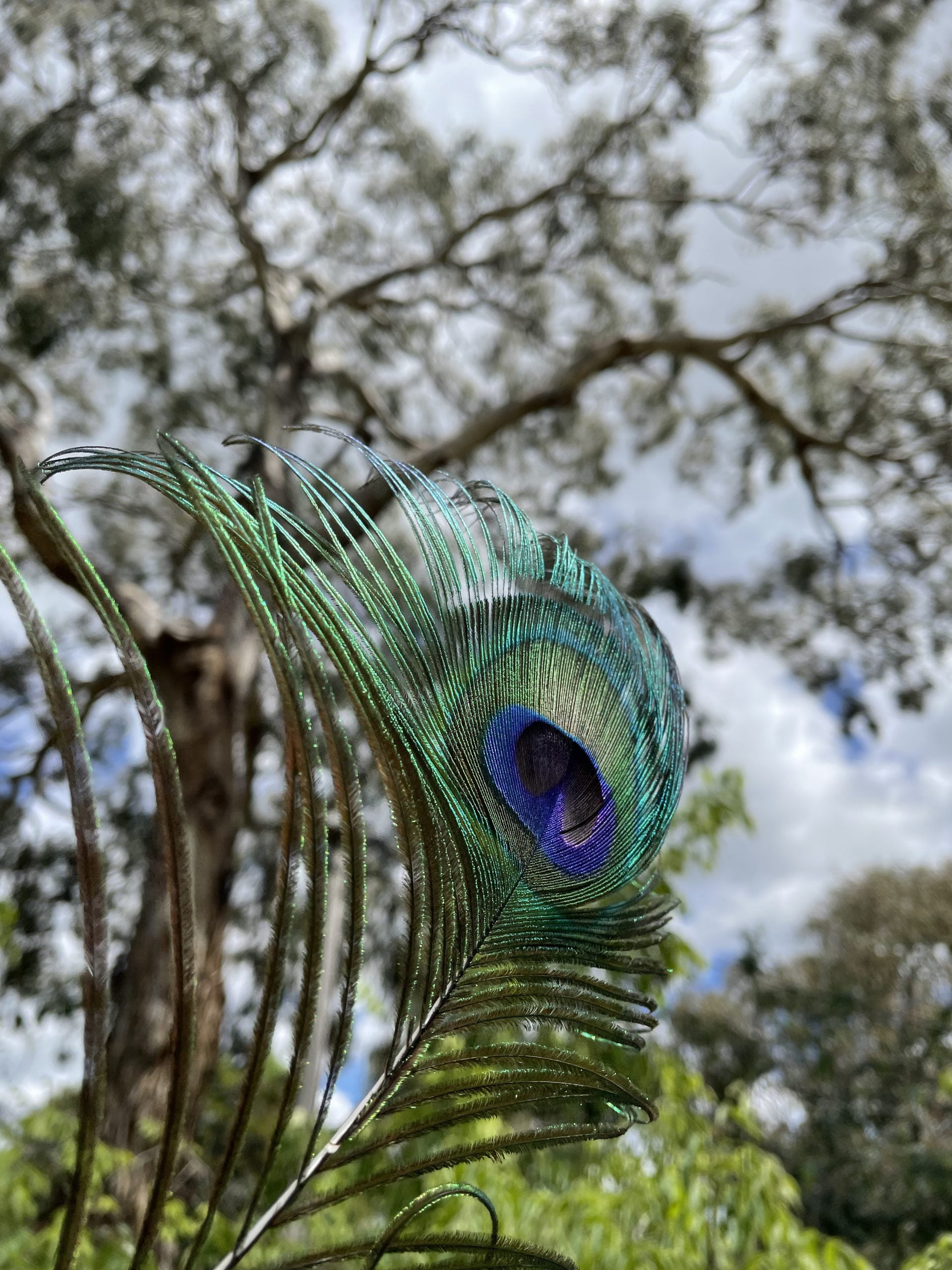Welcome back. Are you back on top of your game, now? You look well. It’s good to have you back.
I was back leading the gathered community in worship yesterday, and my people were glad of it. I was glad to be with them again, after two Sundays away.
I have some thoughts, on reflection, after this return.

At last ?
I was slightly taken aback by the welcome back expressions that seemed to suggest I’d been away for a very long time. Then I considered, fair enough, I suppose. I’ve been with them for four Sundays since Christmas Day (because annual leave, study leave, sick leave followed one another quite quickly). Four times in almost three months is not very many times to see your minister in your weekly gathered worship.
But I was taken aback by this sense of me being back ‘at last’, because I don’t feel like I’ve been away as much as they feel I’ve been away.
During my recent two week sick leave stint, I was in regular communication with the office, my ministers in association, and our council chairperson, about my situation and about the care for and ordering of our community of faith. I was thinking and planning for a sustainable return to regular duties after this period of rest. I was writing blog posts in this diary of exhaustion. I had a wedding rehearsal, presided at the wedding and attended the reception, and spent an afternoon and evening putting the final pieces together for the order of service for the ceremony. I met with the person I mentor. All in all, I spent three days or more of my two weeks ‘off’, ‘working’. (the pattern was similar during the four weeks of study leave in Jan-Feb, during which I attended meetings, offered pastoral care, presided at a funeral, and shared in the leading of an ecumenical prayer service. Not to mention that study leave is still work, and I worked quite hard to produce a book manuscript, lent study guide, prayers, stories, and a conference presentation proposal during that time)
Further, for every Sunday I’m back after leave, I have already been back on duty for five days, during which I have prepared the worship service/s, and engaged in administrative and pastoral duties.
So I don’t feel that I have been as far away from the congregation and my work among them as some of my people feel I have been.
Back to health ?
I answered the people as honestly as I could.
Are you well? So-so; sort of; better than I was.
You look well. I am a good actor, for actually as I stand here, I am in considerable pain today.
Top of your game again now? It will be a long time before I am at the top of my game, before I am well.
To their immense credit, none of my people backed away from this honesty. The follow up responses offered genuine care, and a commitment to remain standing there with me, close to that pain.
Are there treatments, medicine, anything that helps? I was able to tell them what I am doing to manage the pain, fatigue; what help I am receiving from medical professionals; that their care and understanding is part of what helps.
Do we need to sit to continue our conversation? My family member is experiencing this or that chronic condition, we understand how hard this must be for you. Part of the reason I tell my story so openly is that it evokes stories from others. I have found that if I trust people with my story, it helps build connection through our stories, and helps them to trust me with their stories. So I welcome, no matter how hard it is to hold them when I am in pain, the stories of my people that my own story evokes – my pastoral care for them, as much as the connection and understanding it builds between us as a layer of care for me. Wesley Uniting, Forrest, has a practice of reciprocal, or mutual, care, and I believe it is important for the ministers to participate in that as recipients as much as givers.
We pray for you every day. Knowing that, hearing from time to time from various members that they think of me, and pray for me, is a calming blanket I am grateful to have wrapped around me. I spend a lot of time alone because of this illness, and I can’t express in words how important it is to know that, somehow, from a distance, through Spirit, I am not alone, I am still with my people in their love.
You don’t show it
Ah, but I do, when it is appropriate.
I try not to show the pain when I am leading the congregation in our gatherings, because in that moment it is not helpful for them to see it. In that moment, I am symbol and sign pointing towards the Holy to whom we direct our worship.
It is a delicate balance, in these moments, holding our role as symbol and sign together with our integrity as a human being, an individual, beloved, called, flawed, and forgiven.
But who I am and how I am in the priestly moment is not isolated, but integrated into who I am and how I am as pastor and prophet. Sunday is informed by, and informs our daily living, as much for the presider as for the parishioner.
So when I preside, I come to the moment as the person who has sat with my people in their homes, in church, in cafes, and heard and held their stories; the person who has been in the office collaborating with other staff members on administration, pastoral care, ministry with young ones, our ministry of music, oversight of our property and resources; the person who has retreated to the manse to cry with the frustration and pain of this Chronic Fatigue, and written here as openly and honestly about it as I can.
When I preside, it is not that I do not need the people to know that I have Chronic Fatigue, and live in pain a lot of the time; that I experience Depression and know the darkness of despair. In fact, I want them to know that. But I do not need them to see it in that moment, because that moment is not about me. When I preside, I am well enough (admittedly sometimes only just) to be there, and therefore I put other things aside in order to be there, and do what is mine to do, for God and for my community.
It is a delicate balance, every day and especially when we preside, for those who lead our communities of faith, to balance an openness and honesty about our full, flawed, forgiven selves, and our role as sign and symbol directing the people’s worship to God, guiding their discipleship along the way of Wisdom.
So I do not show you how much pain I am in, in certain moments in our life together. Not to be dishonest or fake about how well and polished I am, but because those moments are not about my self-revelation, but paying attention to God’s.
And I will show you the pain and the struggle, in our every day life together. Not to be dishonest or fake about how pious or like a martyr I am, but because you are vulnerable with me, and I am vulnerable with you, and this is precisely how we do life, authentically, and well, together.
In both the everyday and the holy days, I seek to embrace my role as minister among you, part of what I understand the order of Ministers and Deacons, the clergy, in our church, to be called to do and be: reminders for all of our call to discipleship, to living life as the people of God, worshipping in our full, flawed, and forgiven beings.



Leave A Comment